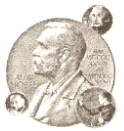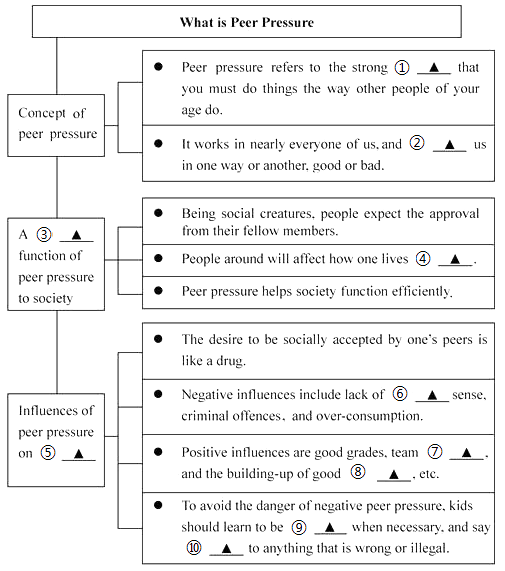0 148229 148237 148243 148247 148253 148255 148259 148265 148267 148273 148279 148283 148285 148289 148295 148297 148303 148307 148309 148313 148315 148319 148321 148323 148324 148325 148327 148328 148329 148331 148333 148337 148339 148343 148345 148349 148355 148357 148363 148367 148369 148373 148379 148385 148387 148393 148397 148399 148405 148409 148415 148423 151629


